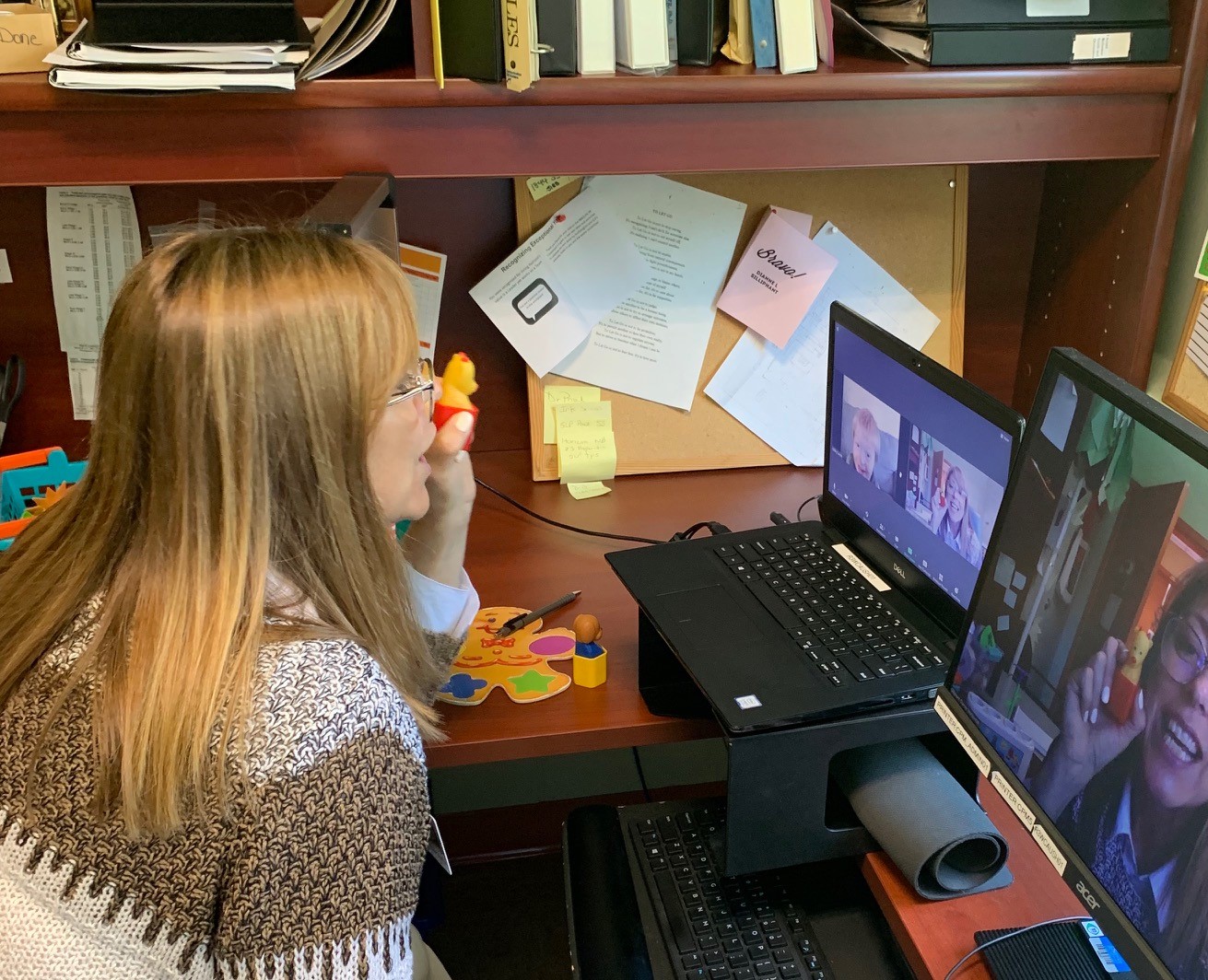:format(jpeg)/cloudfront-us-east-1.images.arcpublishing.com/tgam/4SB3YDU3DJJT7OCIZNLJVWX4JY.jpg)
Folks stroll previous the College of Toronto campus in Toronto on June 10, 2020.Nathan Denette/The Canadian Press
A Toronto college’s determination to require these dwelling in scholar residences to have no less than three doses of a COVID-19 vaccine may enhance third-dose uptake amongst younger adults, but it surely received’t drive a big improve until different colleges observe go well with, consultants say.
The College of Toronto introduced final week that it was reinstating a vaccination requirement for these dwelling in its residences and updating it to mandate no less than one booster shot. It additionally really helpful all others on campus keep “up-to-date” on COVID-19 vaccinations.
Dr. Fahad Razak, the scientific director of the Ontario COVID-19 Science Advisory Desk, stated the coverage may assist enhance uptake amongst youthful adults, noting the college’s giant scholar physique and proof in regards to the impact of vaccine necessities.
However he stated there would possible be a better impression on uptake if different universities and schools applied the same coverage.
“There appears to be pretty strong proof that once you require vaccination to be in a sure area, extra folks find yourself getting vaccinated due to that,” he stated.
“If extra universities adopted the same coverage, you’ll discover, possible, an enhanced vaccine uptake of third doses, or doubtlessly even different doses.”
Third-dose uptake within the 18-29 age group is at the moment about 36 per cent nationally, which is decrease than each different grownup age group in Canada. By comparability, roughly 86 per cent in that younger grownup cohort have two doses of a COVID-19 vaccine.
Dr. Susy Hota, medical director of an infection prevention and management on the College Well being Community in Toronto, stated having post-secondary establishments “aligned” on vaccine insurance policies would assist enhance third-dose uptake amongst younger adults.
“It’s by no means nice when just one or two are doing one thing and others usually are not,” she stated. “Folks could select to not go to locations which have further necessities in the event that they’re feeling fatigued by that and there are different choices.”
Dr. Hota added that vaccine necessities ought to evolve over time as extra doses develop into obtainable to make sure most safety, particularly since immunity from vaccines wanes over time.
“Actually it’s about preserving up-to-date with immunizations,” she stated.
“We use that language for childhood immunizations and different issues like that, that are required for colleges and daycares and such. We should always begin occupied with that language for COVID vaccines too.”
With the present variants of COVID-19 which are spreading, each Dr. Razak and Dr. Hota stated having no less than three doses of a COVID-19 vaccine supplies folks with a “higher diploma of safety” from COVID-19 than simply two doses. Dr. Razak famous that three doses may forestall extreme sickness and disruptions to an individual’s life.
Dr. Razak prompt vaccinations are “just one a part of the technique” in opposition to COVID-19, and stated universities, which regularly are inclined to have older buildings, ought to make investments in air filtration gadgets and promote masking as properly.
The College of Toronto College students’ Union stated it helps the college’s coverage to require three doses of a COVID-19 vaccine for these shifting into campus residences, including it’s “deeply grateful to see the college being pro-active and cautious as we enter one other unpredictable fall.”
Nevertheless, it emphasised that “the onus of COVID-19 mitigation in residences shouldn’t be positioned solely on college students.” It requested that the college proceed its wastewater testing initiative, proceed to supply fast antigen and/or PCR exams for college kids, enhance air flow in its buildings and often disinfect communal settings.
The college stopped requiring proof of vaccination for these attending lessons in particular person on Could 1. It additionally step by step lifted its masks mandate in its indoor areas, however continues to be encouraging folks to put on medical masks in high-density indoor areas when bodily distancing shouldn’t be doable.
This story was produced with the monetary help of the Meta and Canadian Press Information Fellowship.
This content material seems as supplied to The Globe by the originating wire service. It has not been edited by Globe employees.
